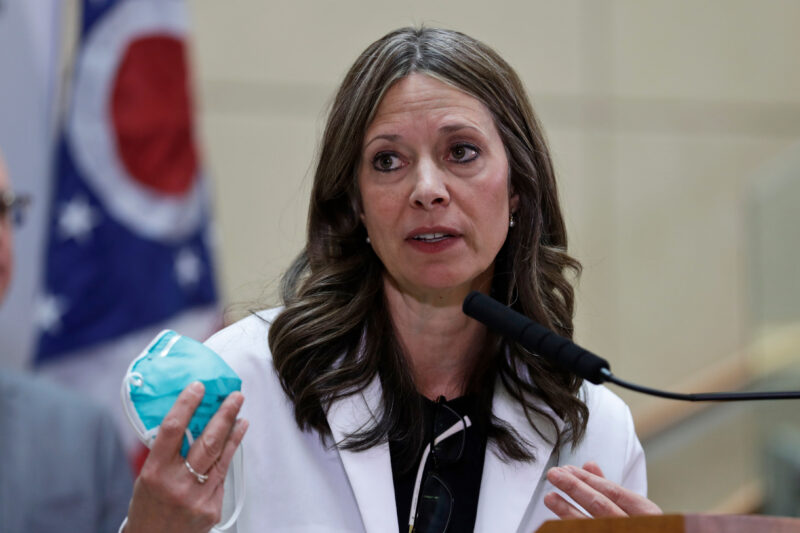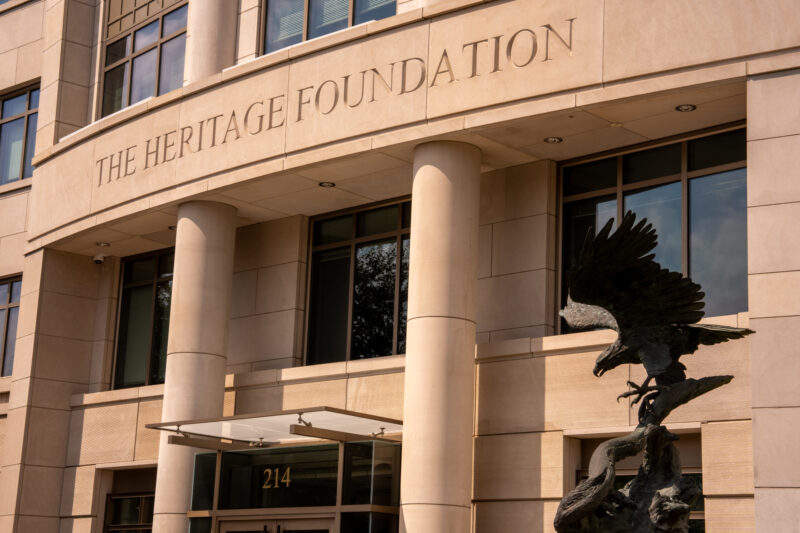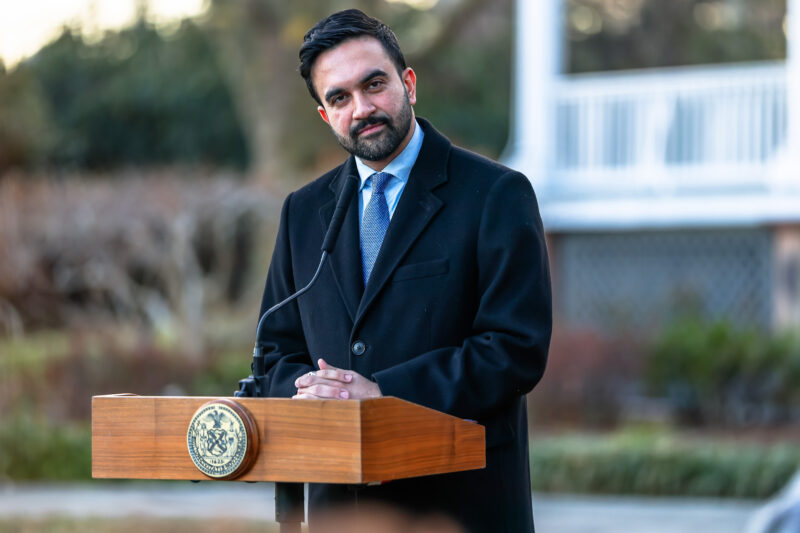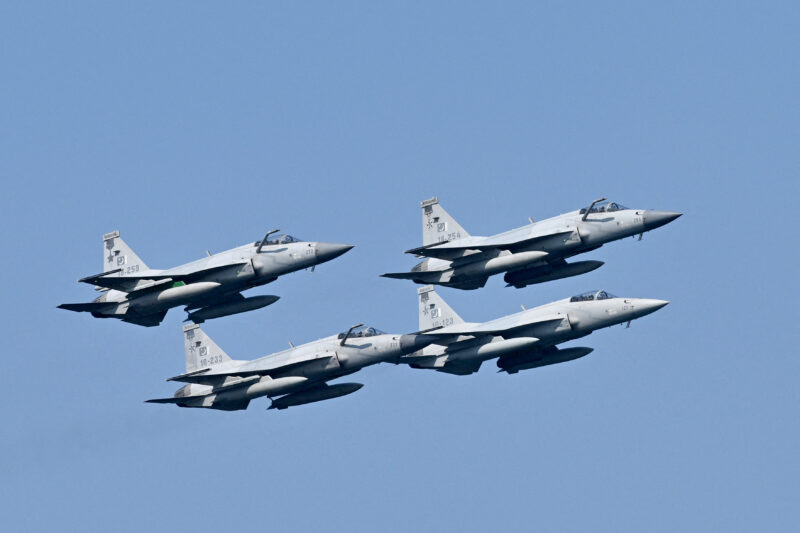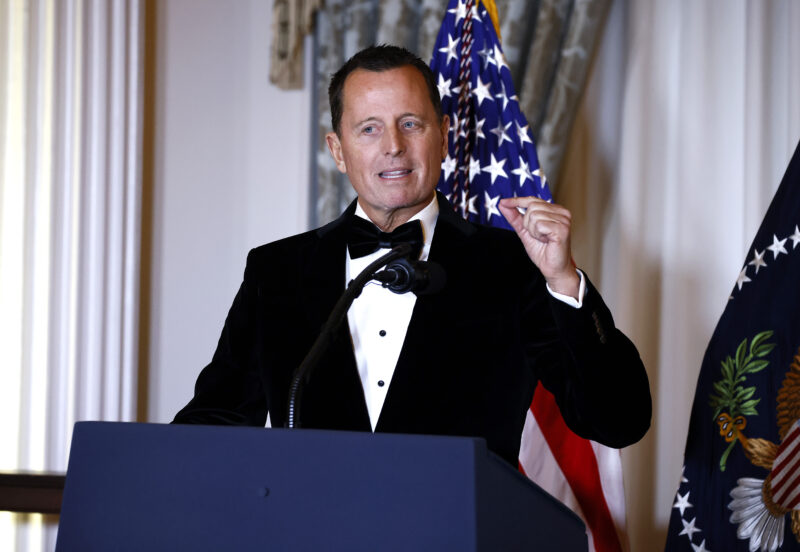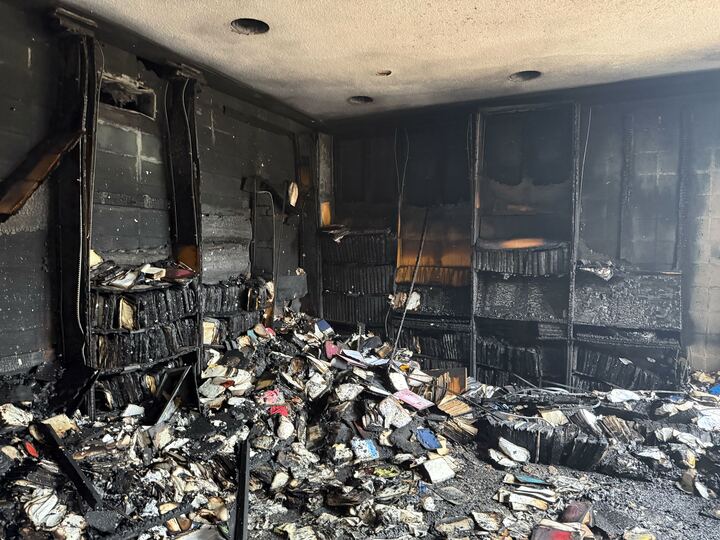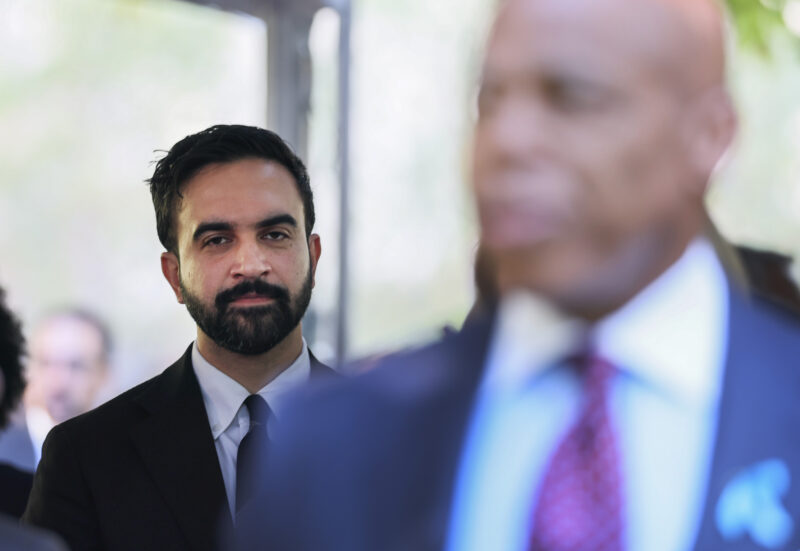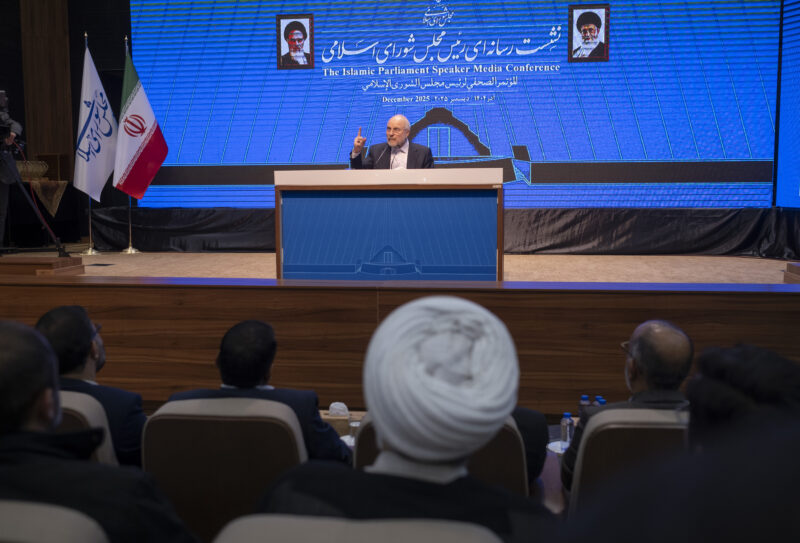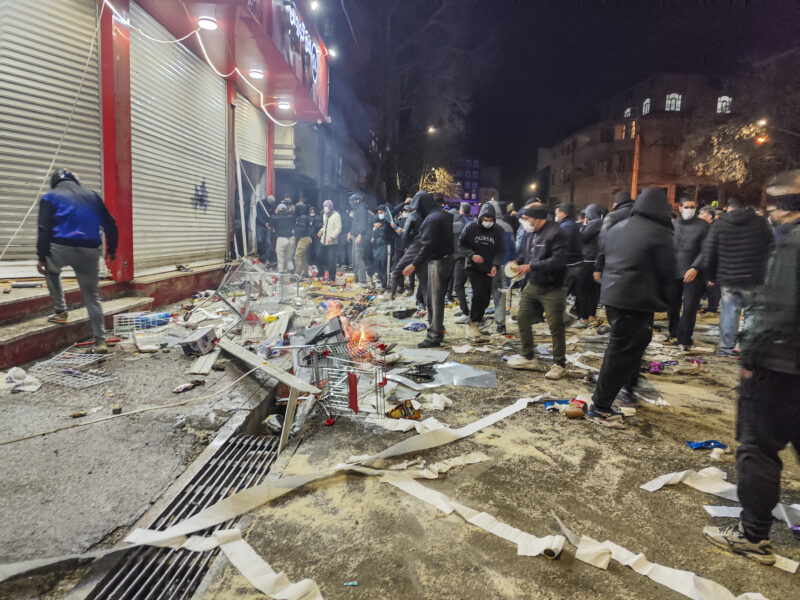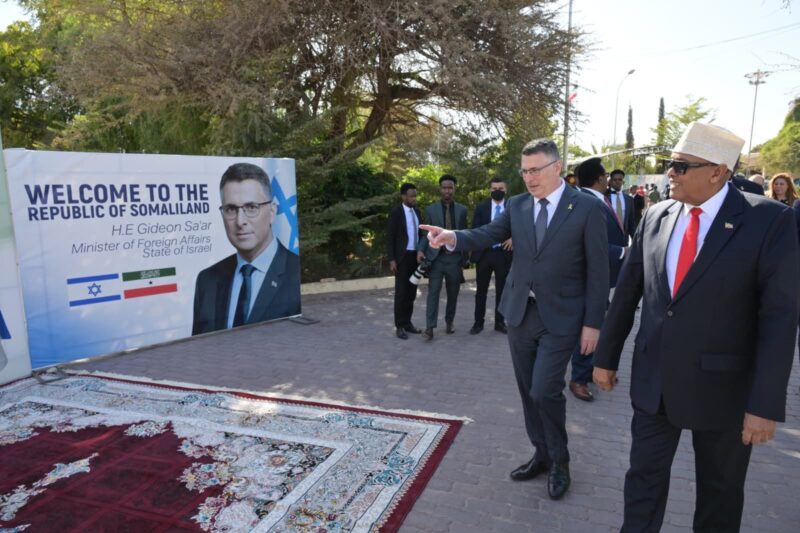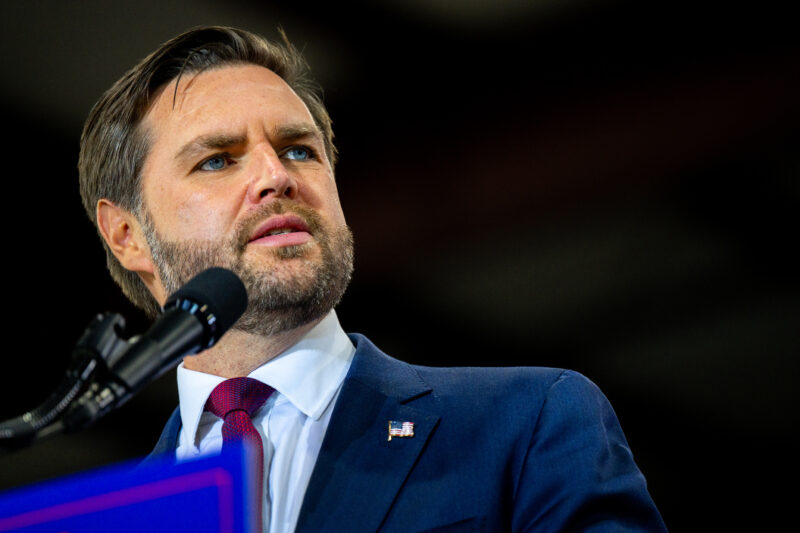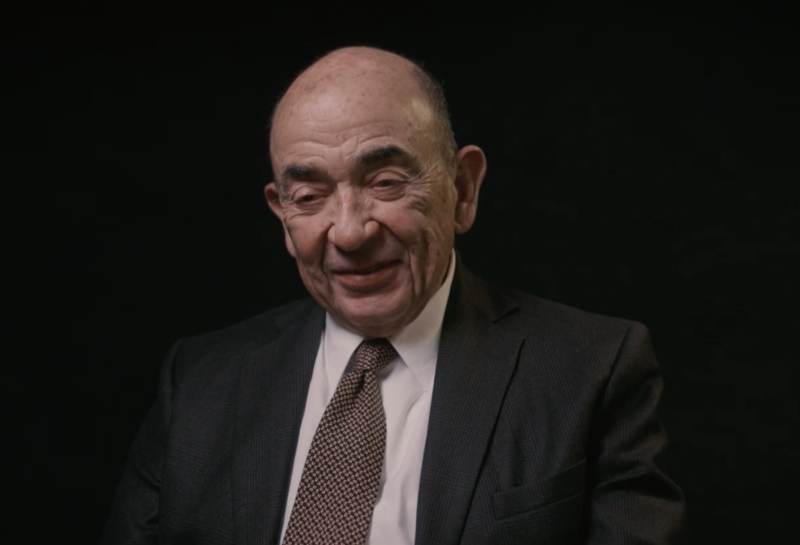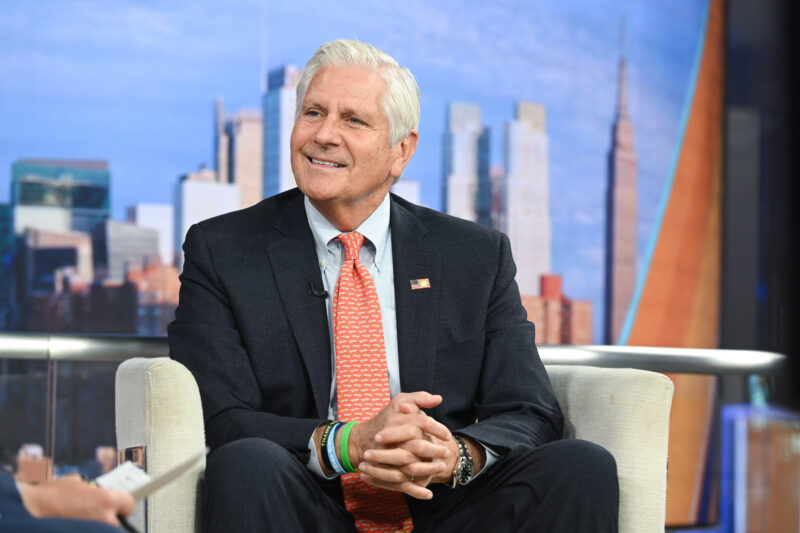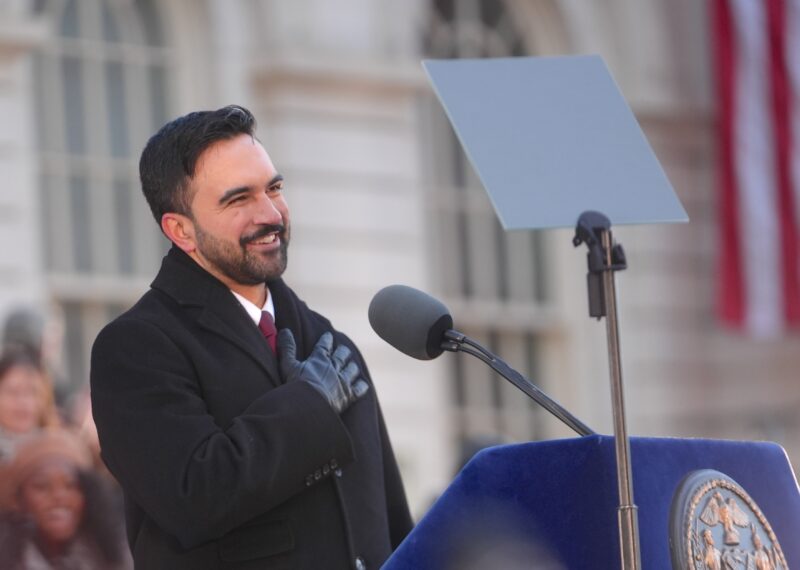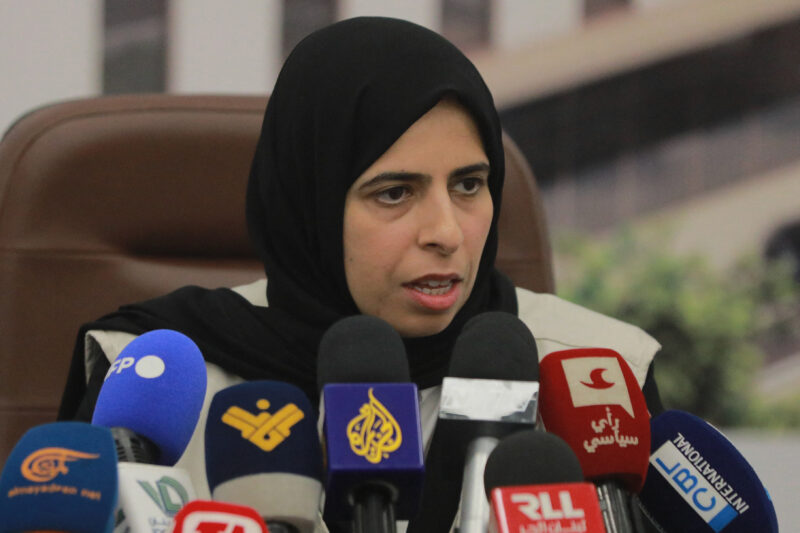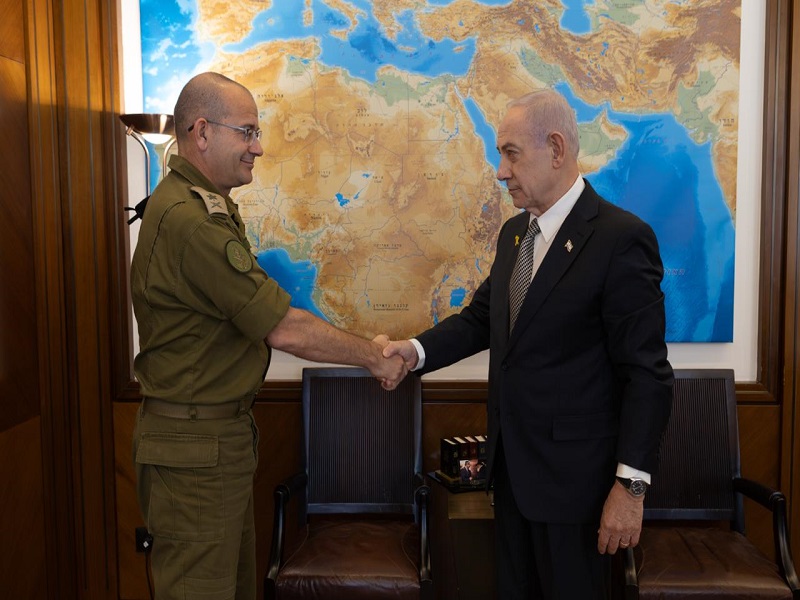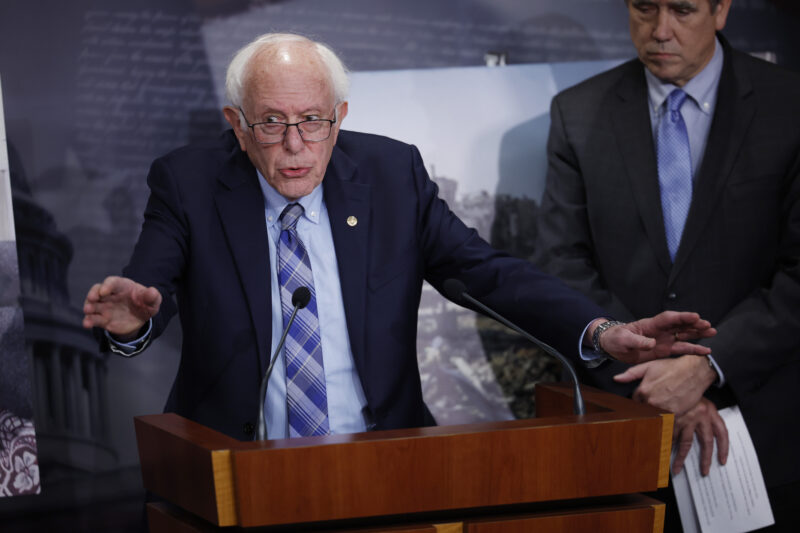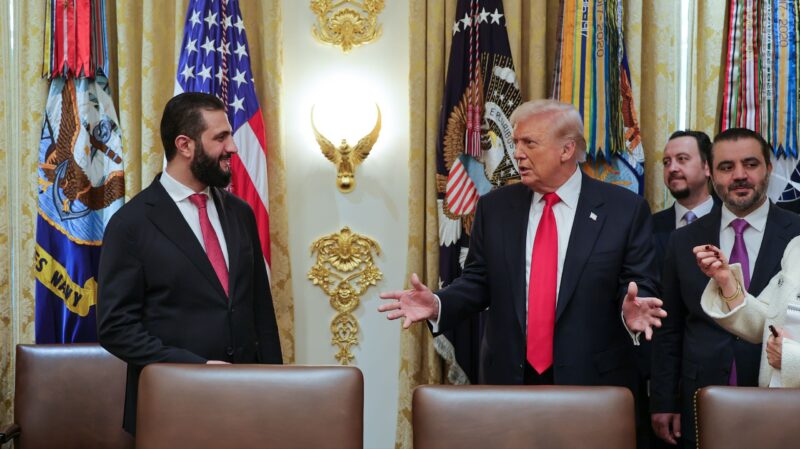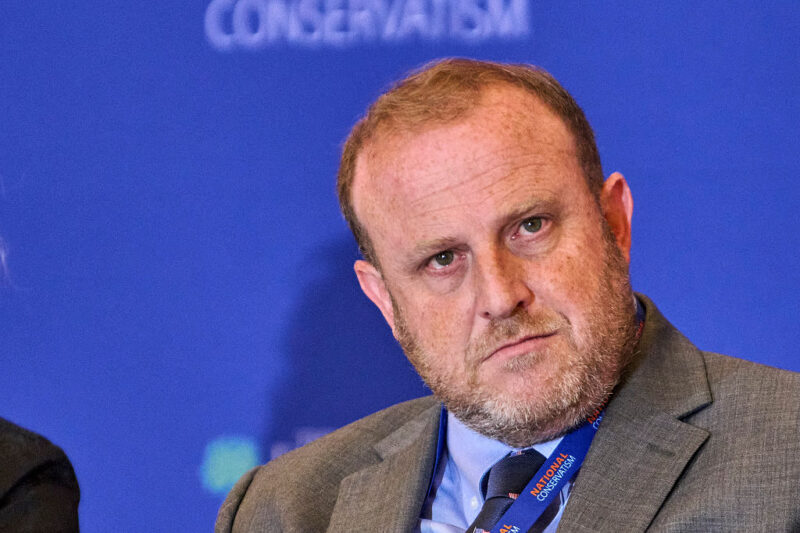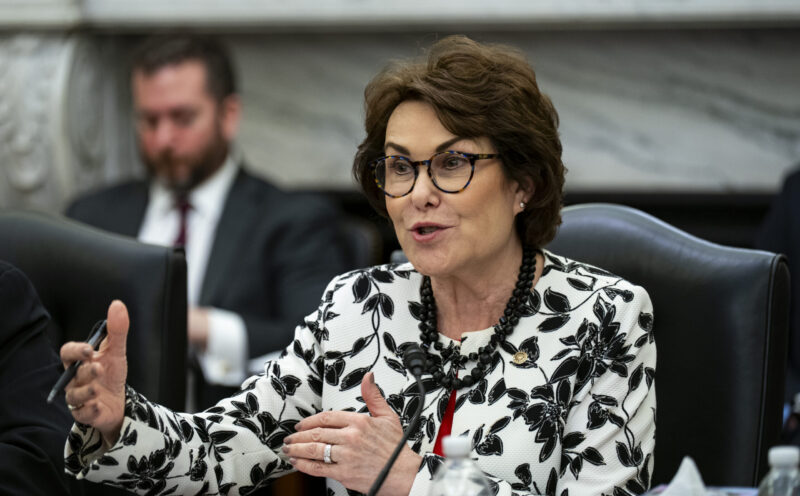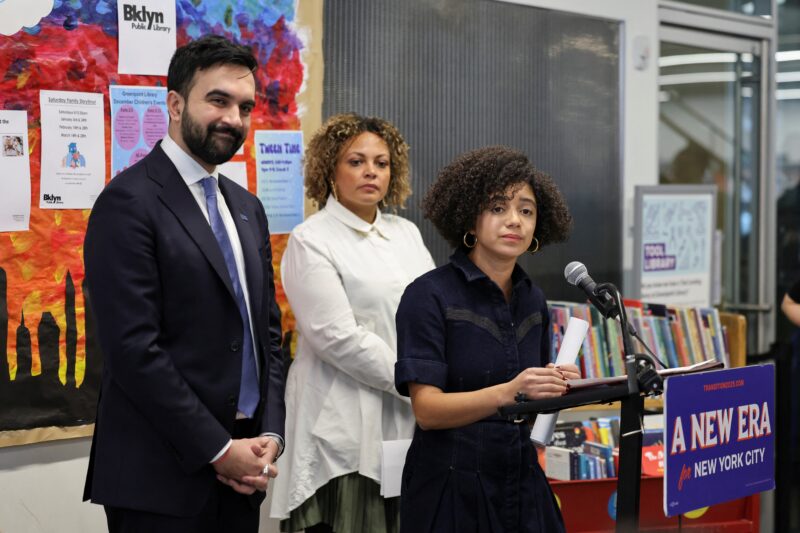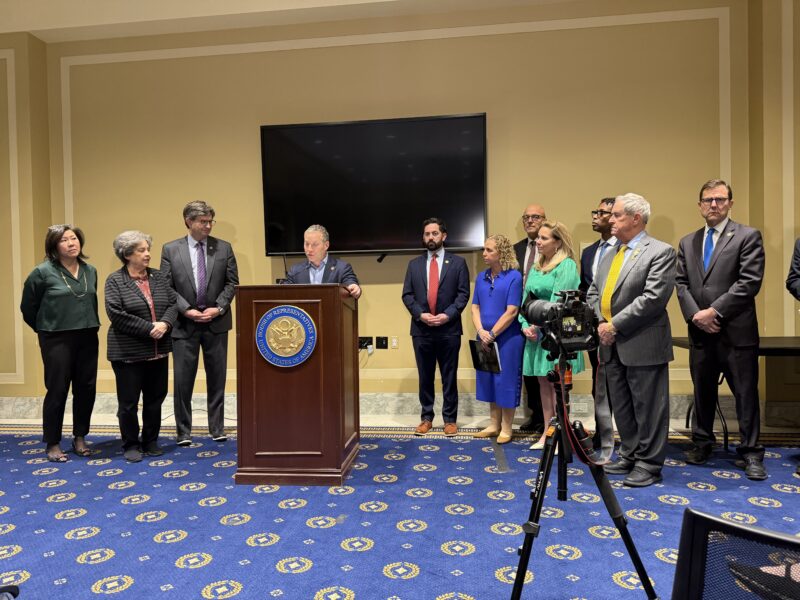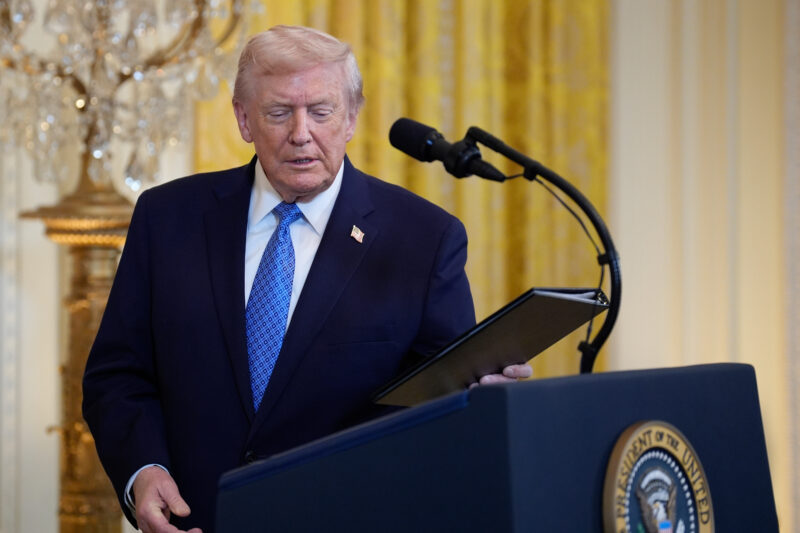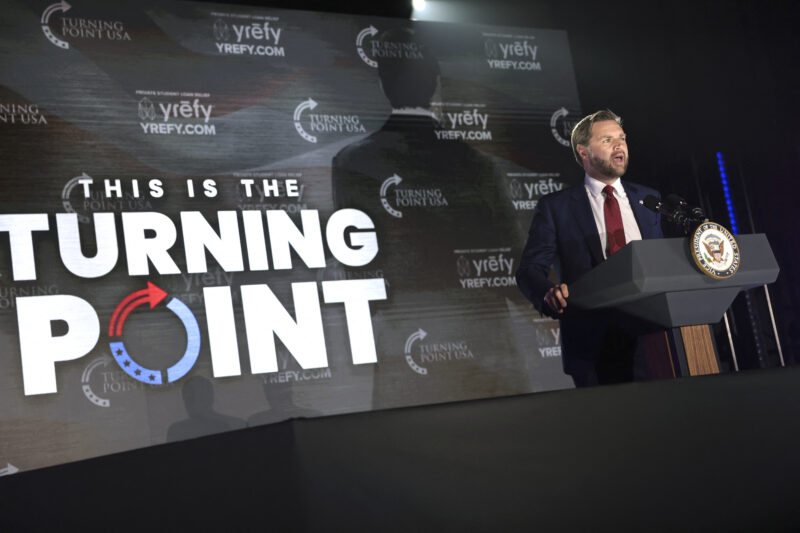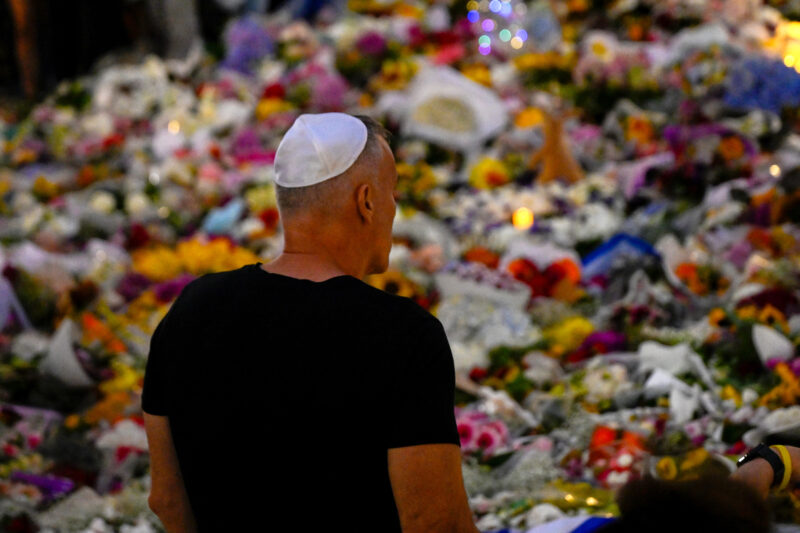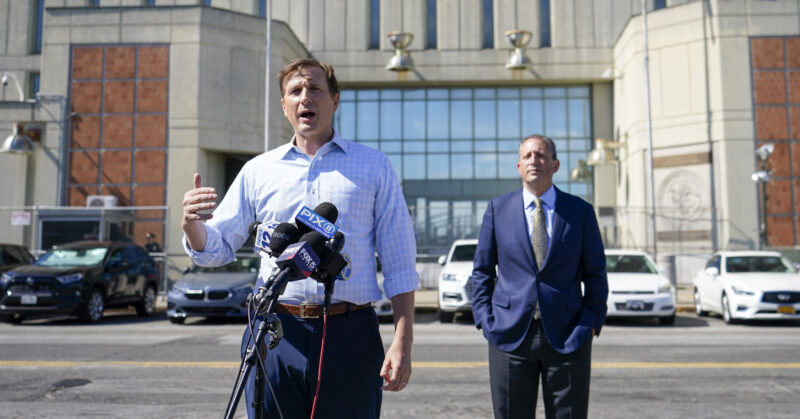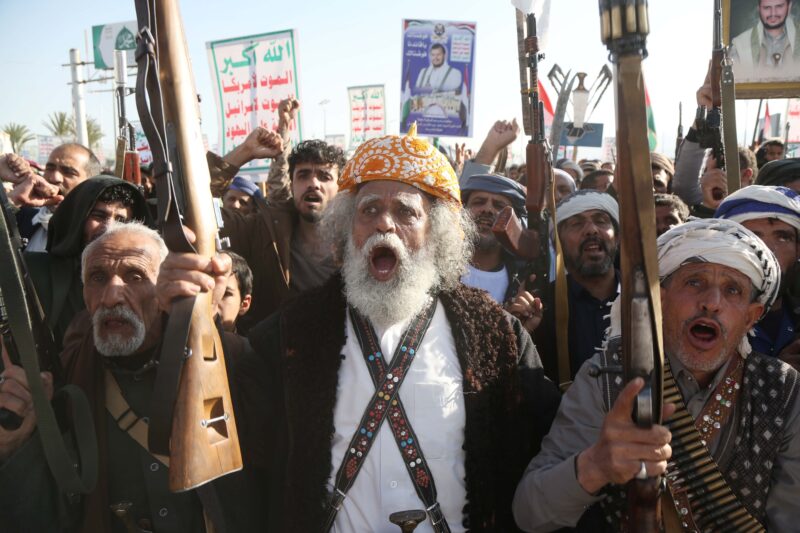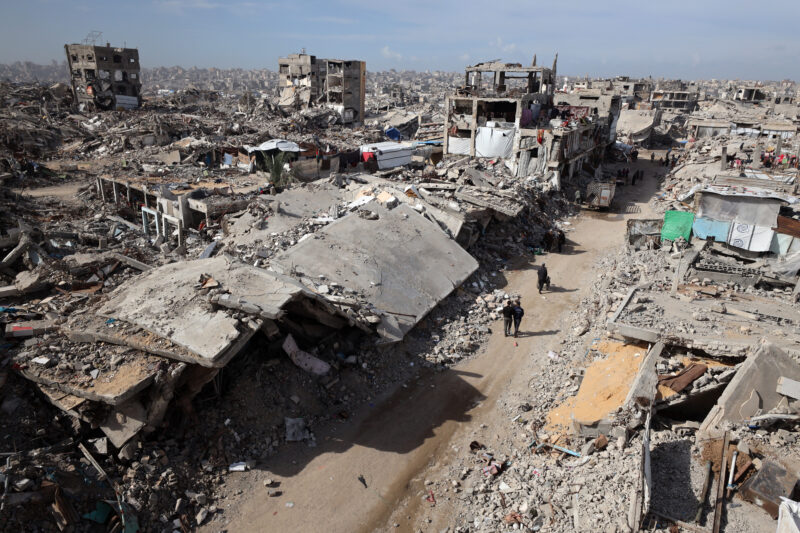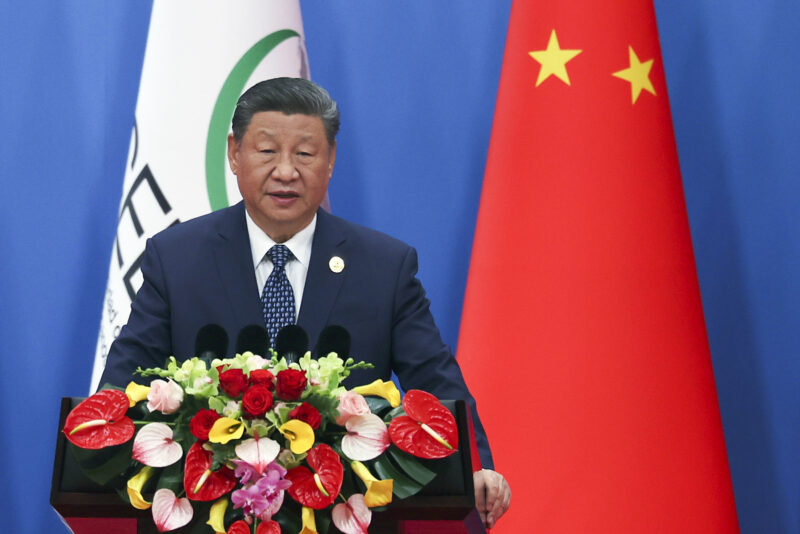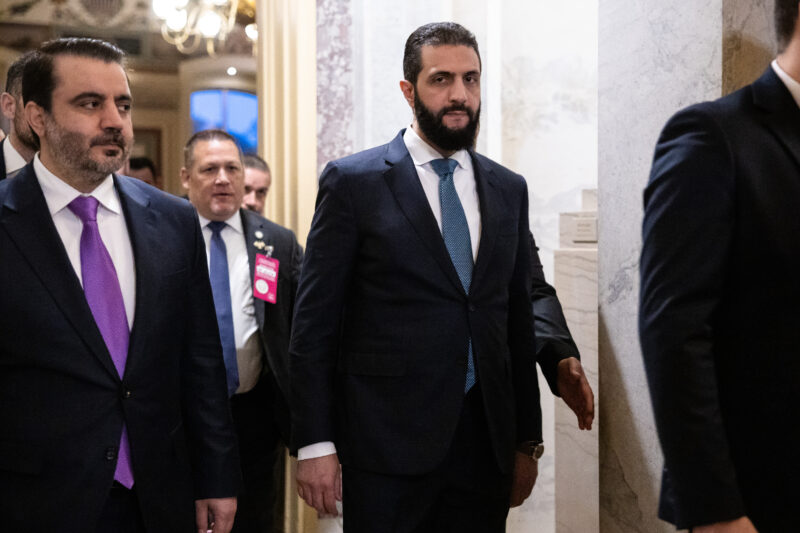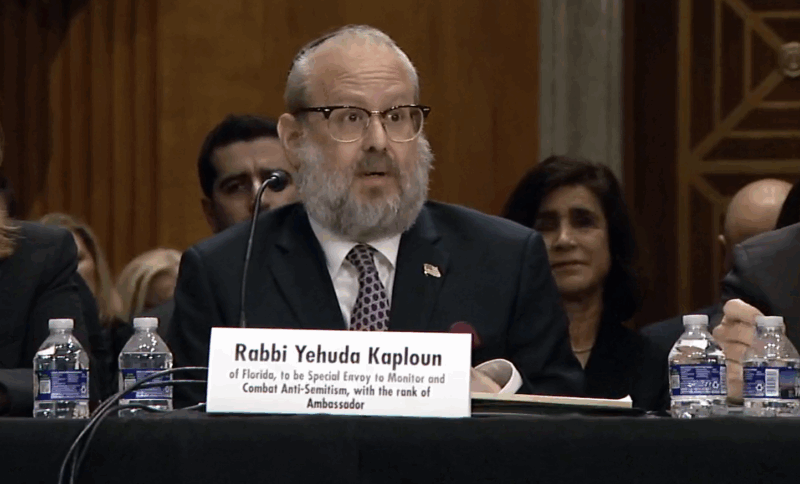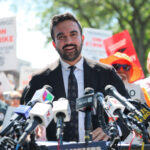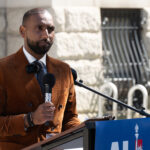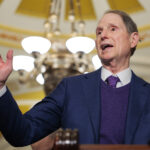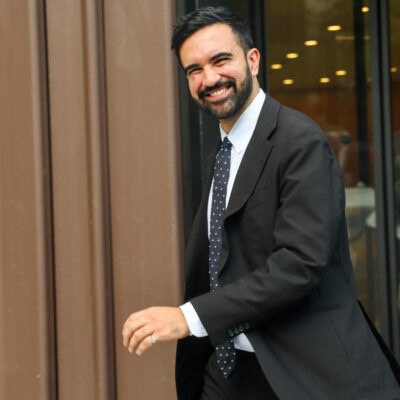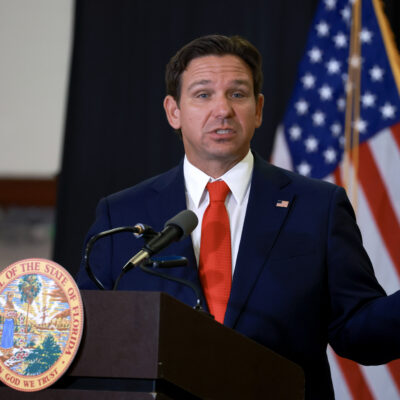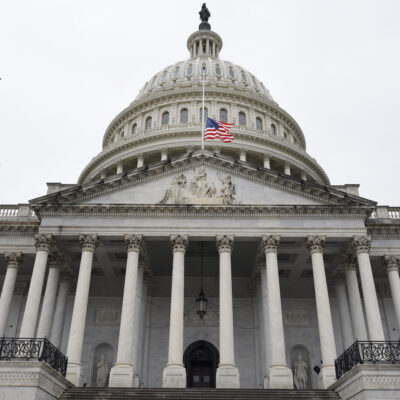Colin Kahl likely to face tough confirmation over past stances on Iran and Israel
Colin Kahl's confirmation has become an early proxy battle over the Biden administration’s Iran policy

Center for Strategic & International Studies
Colin Kahl speaking at a talk about the Iran deal hosted by Center for Strategic & International Studies
The fight over the Senate confirmation of Colin Kahl as the Defense Department’s undersecretary for policy publicly surfaced yesterday, with Vox and Politico both reporting on the concerns of Senate Armed Services Committee Ranking Member Jim Inhofe (R-OK). Now, what would otherwise have amounted to below-the-fold news about a sub-cabinet position has become an early proxy battle over the Biden administration’s Iran policy. A spokesperson for Inhofe emphasized that the Oklahoma senator was considering the nomination, but “has serious concerns with some of the policy positions that Mr. Kahl has taken in the past.”
Iran: Kahl served as a national security advisor to then-Vice President Joe Biden for much of his second term. In this capacity, Kahl worked alongside the White House team negotiating what became the 2015 Iran nuclear deal. In the final days of the Obama administration, visitor logs show that Kahl — along with Obama foreign policy advisor Ben Rhodes and current State Department Special Representative for Iran Rob Malley — met with pro-Iran lobbyists, including Quincy Institute co-founder Trita Parsi, then the president of the National Iranian American Council (NIAC), more than 30 times. In 2013, Kahl spoke at NIAC’s annual leadership conference. Four years later, at an event at the Center for Strategic and International Studies, Kahl said he opposed new efforts to impose sanctions on the Iran Revolutionary Guard Corps, suggesting they “could have the inadvertent effect of triggering a response by the IRGC.”
Ploughshares backing: Kahl joined the Center for a New American Security in 2007 with the assistance of a grant from the Ploughshares Fund, leaving the following year to serve as deputy assistant secretary of defense for the Middle East in the Obama administration before returning to CNAS in 2012. Shortly after leaving the Obama administration in late 2011, Kahl argued in an op-ed that a preemptive strike by Israel against Iran’s nuclear assets would backfire and that the attack on the Osirak nuclear facility was a mistake.
Israel: Kahl came under fire during the 2012 presidential campaign after he co-wrote the Democratic Party’s convention platform that omitted calling for Jerusalem to be recognized as the capital of Israel. After pressure from pro-Israel advocates, then-President Barack Obama personally intervened to request a last minute change. The flap proved embarrassing for campaign and party officials, some of whom privately placed the blame on Kahl. Only a month earlier, Kahl had written a defense of Obama’s Israel policy record, going on to criticize then-Republican presidential nominee Mitt Romney for advocating Jerusalem as the capital, calling it “a statement at odds with the longstanding tradition of reserving judgment on the city’s official status until it is resolved through Israeli-Palestinian negotiations.” While he defended the two platform drafts as substantively the same, Kahl said at the time: “We are where we are. We should move on. The platform is changed.”




